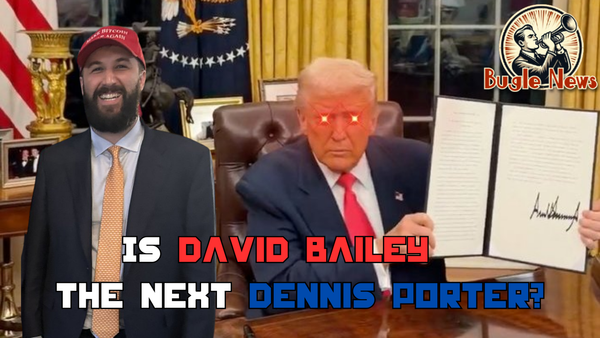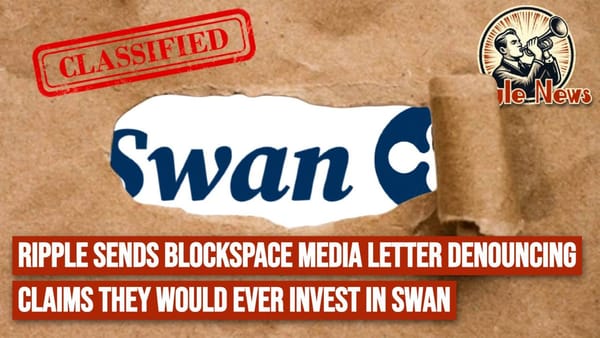WEF Selects Liquid Network For Tokenized Carbon Credits, IMF Stablecoin at Swiss Summit

Davos, Switzerland– The World Economic Forum (WEF) and International Monetary Fund (IMF), have announced a partnership with Canada based blockchain technology company Blockstream to launch it's tokenized carbon credits as well as a stablecoin which tracks, and is backed by, Special Drawing Rights (SDR), the supplementary foreign exchange reserve assets defined and maintained by the IMF.
The new carbon credit market is expected to become the biggest such market in the world, reaching a market size of over $1 trillion by 2028. Klaus Schwab addressed the audience at WEF's annual meeting saying, "Technological progress is transforming the relationship between citizens, the private sector, the environment and the state. Climate change represents the biggest existential risk that humanity has ever faced. The Liquid Network provides the right amount of reliability, trust, and distributed control for us to begin solving this problem."
The announcement may come as a bit of a surprise to many as Bitcoin has been caught in the crosshairs of climate activists and international government organizations due to Bitcoin mining's intentional climate change. One of the WEF's preferred blockchain analyst, Digiconomist, has published multiple reports suggesting each Bitcoin transaction uses as much electricity as the average American household. Klaus Schwab acknowledged this but attempted to reassure skeptics by pointing out that Liquid is a layer two on top of Bitcoin which doesn't come with the same energy intensive requirements, even if Liquid blocks had any transactions in them.
Talks between the WEF and Blockstream began not far from Davos in the Swiss city of Lugano. Lugano is home of the Plan ₿ forum, an annual Bitcoin conference. Bitcoin is also legal tender in Lugano, along with the Swiss Franc. Last July Blockstream's Samson Mow and Klaus Schwab discussed the potential partnership as Blockstream was looking for ways to recoup their investment in Liquid's development. Liquid provided an opportunity for the WEF to launch it's own carbon credit system which it hopes to use to extort governments around the world and gave the IMF a way to blackmail developing countries over climate taxes by making access to SDRs contingent on purchasing carbon credits.
The plan will bring dozens of governments, and hundreds of banks, NGOs, IGOs, and others into the Liquid ecosphere. In exchange, WEF's Klaus Schwab, environmental activist Greta Thunburg, Greenpeace, and the IMF will gain control over the Liquid Network's Federation. Blockstream will retain 90% of the transaction fees for the underlying carbon credit and SDR stablecoin transactions.
Criticism from the Bitcoin community has largely been muted as few users are aware of the Liquid Network. "We knew we had a marketing problem." Mow told The Bugle. "Despite efforts to promote Liquid to Bitcoiners and wallet developers, we couldn't figure out how to generate excitement or buzz. By partnering with the World Economic Forum we get a captive user base and all the publicity we could ever want."






